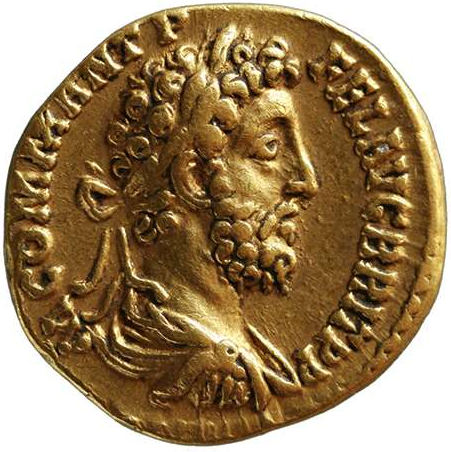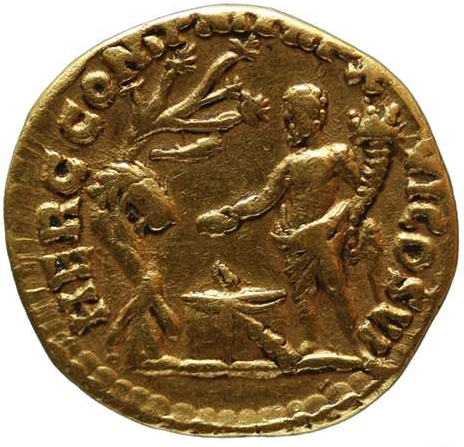
#LatinForTheDay - 10 December
qualis in Eurotae ripis aut per iuga Cynthi
exercet Diana choros, quam mille secutaehinc atque hinc glomerantur Oreades; illa pharetram
fert umero gradiensque deas supereminet omnis;
Latonae tacitum pertemptant gaudia pectus:...
qualis in Eurotae ripis aut per iuga Cynthi
exercet Diana choros, quam mille secutaehinc atque hinc glomerantur Oreades; illa pharetram
fert umero gradiensque deas supereminet omnis;
Latonae tacitum pertemptant gaudia pectus:...

"talis erat Dido, talem se laeta ferebat
per medios, instans operi regnisque futuris."
Virgil, Aeneid 1.498-504
'Just as Diana guides her troupes on Eurotas' banks or
Along the ridges of Cynthus, she whom a thousand
Following Oreads murmurate behind, flitting this way and that.
per medios, instans operi regnisque futuris."
Virgil, Aeneid 1.498-504
'Just as Diana guides her troupes on Eurotas' banks or
Along the ridges of Cynthus, she whom a thousand
Following Oreads murmurate behind, flitting this way and that.
'Bearing a quiver on her shoulder, she outstrips all goddesses,
Making joys thrill the silent breast of Latona.
Such was Dido, in such a manner did she move amongst
Their midst, spurring on the work of her nascent kingdom.'
Making joys thrill the silent breast of Latona.
Such was Dido, in such a manner did she move amongst
Their midst, spurring on the work of her nascent kingdom.'
The Image at the head of this brief thread is 'Diana and her Nymphs Bathing' by Sebastiano Ricci, 1713-1715 (Royal Academy of Arts: 03/187).
• • •
Missing some Tweet in this thread? You can try to
force a refresh










